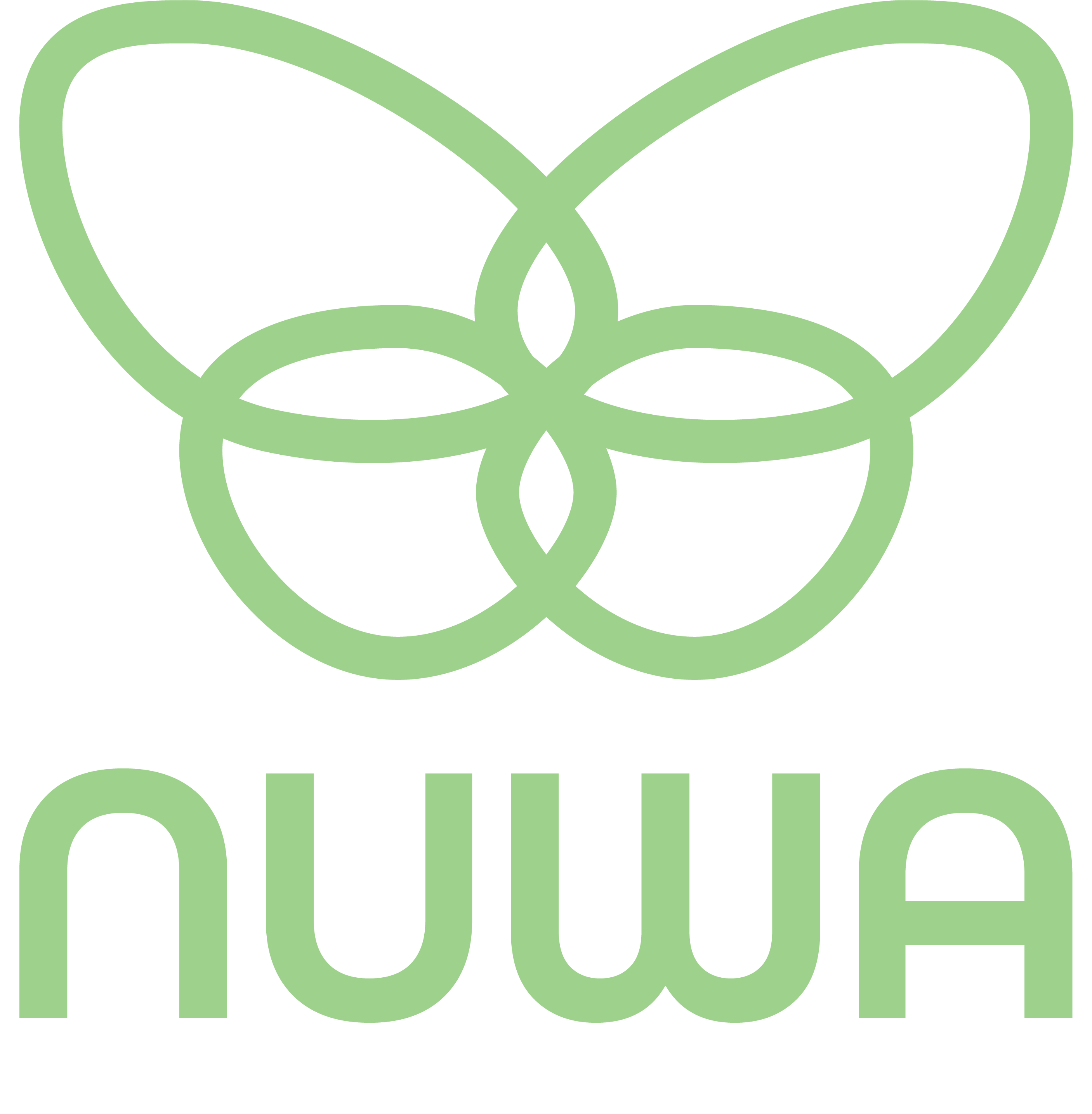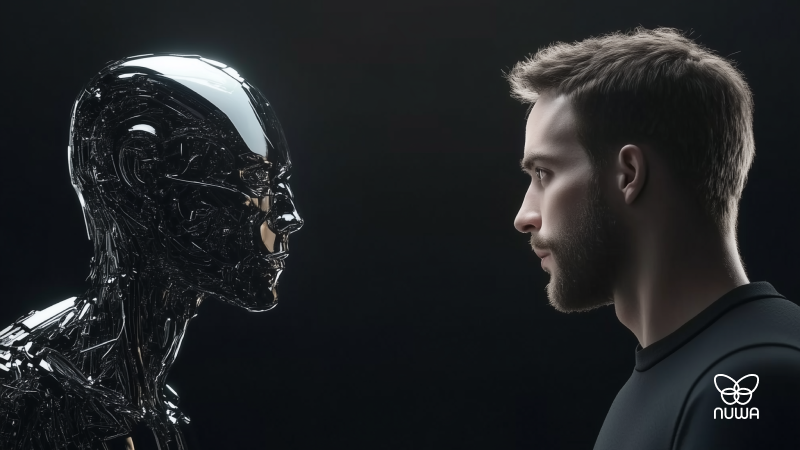As with all ideas, good and bad, Nuwa Pen started as a problem to solve. It’s so frustrating to have loads of notes and ideas written in different places—from your favorite notebook to a sticky note. And what about losing that one idea because you forgot your notebook on the train?
From there, Nuwa formed into a well-rounded bud, waiting for the right environment to bloom. Now that we're approaching that metaphorical spring, we’re reflecting on how we got through the cold, dark days of winter. From securing initial funding to integrating advanced technology into a familiar form, our path offers valuable insights into the startup landscape.
1. Securing Initial Funding
Our financial journey began with a successful Kickstarter campaign, surpassing our €10,000 goal by raising upwards of €185,000. Each and every one of those supporters is incredibly important to us—without them, none of this would have been possible. It’s incredible to see the power of the masses today. This early success attracted further investment, culminating in a €1.5 million infusion from a leading U.S. consumer goods company, bringing our total seed funding to €2.5 million. These funds were pivotal in advancing the pen's development and preparing us for a market launch in January 2025.
We’re not the only ones to have harnessed the might of crowdfunding. Oculus VR started with a Kickstarter campaign that raised $2.4 million in 2012. Their success demonstrated early demand for virtual reality technology, attracting Facebook’s attention and leading to its acquisition for $2 billion in 2014. Today, the barriers to building a billion-dollar company are lower than ever. If you have a golden idea, you can start with nothing, pitch it to the world, and let people back you to the moon.
2. Assembling the Right Team
Any business owner or manager will tell you how difficult hiring can be. Those stakes are even higher when you’re building a product that is genuinely groundbreaking. Marc Tuinier, Nuwa’s CEO and founder, has always prioritized both the "vibe" and concrete expertise. This approach is especially important in the early stages of a company, when stress levels can be high and the work is highly collaborative between teams.
The importance of balancing complementary skills and personalities is evident in other major success stories. Airbnb thrived because its founders—Brian Chesky, Joe Gebbia, and Nathan Blecharczyk—combined skills in design, engineering, and business. Their ability to hire top talent and build a cohesive team was critical to scaling their platform into a global phenomenon.
3. Integrating Advanced Technology into a Pen
The challenge of embedding sophisticated technology into a traditional pen form factor was significant—and perhaps what sets Nuwa apart from other smart pens or note-taking solutions. We’ve developed a pen that incorporates our patented Trident camera system (hands off!) and advanced algorithms to capture handwritten strokes on any paper, digitizing and transcribing them. This innovation allows users to write naturally while their notes are stored and organized digitally.
This level of practical tech is visible in other industries too. Fitbit faced similar challenges when developing compact, wearable technology—there’s only so much you can fit into a watch. Their ability to embed advanced health-monitoring sensors into an appealing wristband design set them apart, creating an entirely new market segment for wearable fitness devices.
4. Balancing Transparency and Intellectual Property
Navigating the line between openness and protecting proprietary technology is crucial. Nuwa Pen has been transparent about its product's capabilities and development milestones, fostering trust among early adopters and investors. But this has been no easy task. We’ve had to balance our desire to be transparent—especially with our Kickstarter backers—against the need to keep our competitive advantages obscure. At the same time, we’ve faced challenges with fluctuating delivery timelines and product features. Nuwa Pen is both groundbreaking technology and a work in progress. You can think of it as the first iPhone—amazing, but nothing compared to the iPhone 16.
Most companies face similar problems. Tesla balances openness by sharing its patents to encourage EV development while fiercely protecting its proprietary battery and autonomous driving technologies. This strategy has cemented its reputation as both an innovator and a market leader.
5. Digitizing Handwriting from Any Paper – THE BIG ONE
Unlike other smart pens that require special paper or a tablet, Nuwa Pen's technology enables digitization from any paper surface—from your favorite notebook to a napkin. This flexibility is achieved through its integrated Trident camera system and motion sensors, which capture handwriting regardless of the medium. This user-centric approach enhances convenience and broadens the pen's applicability.
Not every company is built to smash existing limitations—some excel at refinement. But we’ve always been bold, like the iPhone, which revolutionized user-centric features like touch-based interfaces and seamless integration with various applications. The simplicity and versatility of its design made complex technology accessible and indispensable. We hope to do the same.
Looking Ahead
Along the way, we’ve had to navigate daunting challenges, and there are no doubt more ahead. But with every obstacle we successfully overcome, we become a little savvier and more confident. We aim to emulate the successes of Oculus VR, Airbnb, Fitbit, Tesla, and Apple, pushing the boundaries until we break through the wall. If history is any guide, Nuwa Pen could soon join the ranks of these trailblazers, proving that innovation, when paired with persistence and vision, can reshape how we think, work, and live.




Leave a comment
This site is protected by hCaptcha and the hCaptcha Privacy Policy and Terms of Service apply.